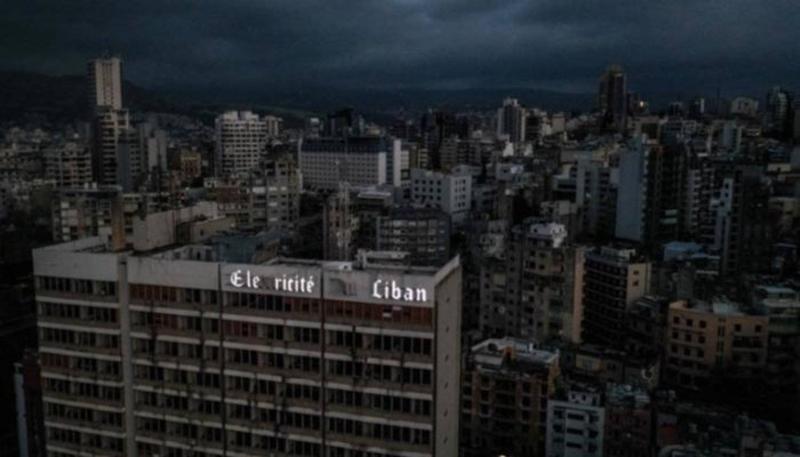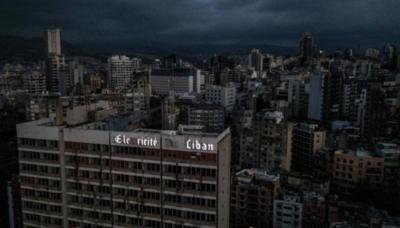Lebanese people have become accustomed to the absence of electricity; solar energy has become as common in every home as daily bread, while homes not equipped with solar panels experience electricity supply for a maximum of four hours. Energy Minister in the caretaker government, Walid Fayyad, revealed after a meeting at the governmental palace a plan to increase power supply, aiming to boost production in the summer from 450 megawatts to 600 megawatts. This will be done by increasing the operational capacity of the Deir Ammar or Zahrani plants, alongside efforts to activate the Zouk Mikael and Jiyeh power plants, which produce electricity cheaper than “gas oil.” But is this proposal practical and likely to be realized?
Electricity sector expert, engineer Mohammed Basbous, did not express optimism, arguing that "the electricity path remains the same, with promises and illusions that are unfeasible, justifying the call for more funding." Basbous asked in an interview with MTV, "How could the government approve the electricity plan without securing credits for the public administrations and institutions to meet their obligations to the electricity company?" He pointed out that "the technical and non-technical loss rates are still increasing, currently estimated at over 60%, confirming that all revenue collected by the institution based on the new tariff is insufficient to cover fuel costs and the company’s expenses."
Lebanon has not yet paid its dues to Iraq, and Basbous questions, "Why has his Excellency not raised the issue of not paying for Iraqi oil until now?" Violations extend to the renewable energy sector as well. He asks, "How can the Cabinet, contrary to the law that stripped the regulatory authority of its powers until 30/04/2022, approve on 12/05/2022 (i.e., after the deadline) a call for 'intentions' conducted by an association named 'the Lebanese Center for Energy Conservation' in 2017 to qualify 12 companies supposed to produce energy and sell it to Electricité du Liban, with payments still aligned with an institution that continues to suffer from financial imbalance?"
So, "How can production be increased from 450 megawatts to 600?" Basbous responds by urging the Minister of Energy to clearly announce the response from the Court of Audit, which demanded he operate the Zouk and Jiyeh plants, as the production cost is 11 cents compared to 14 cents for gas oil plants. He continues, "Additionally, why has billing been delayed for over a year?"
Basbous concludes: "In summary, we have returned to square one, which can be summarized as an improvised plan hastily prepared away from scientific principles. Today’s goal appears to be asking for more funding in exchange for two to four hours of daily electricity supply."
Thus, should Lebanese people anticipate an extra hour or two of electricity at most? Or, as always, will the outcome be “All promises, no action”? Let us wait and hope... "Summer, oh Summer," according to MTV.




